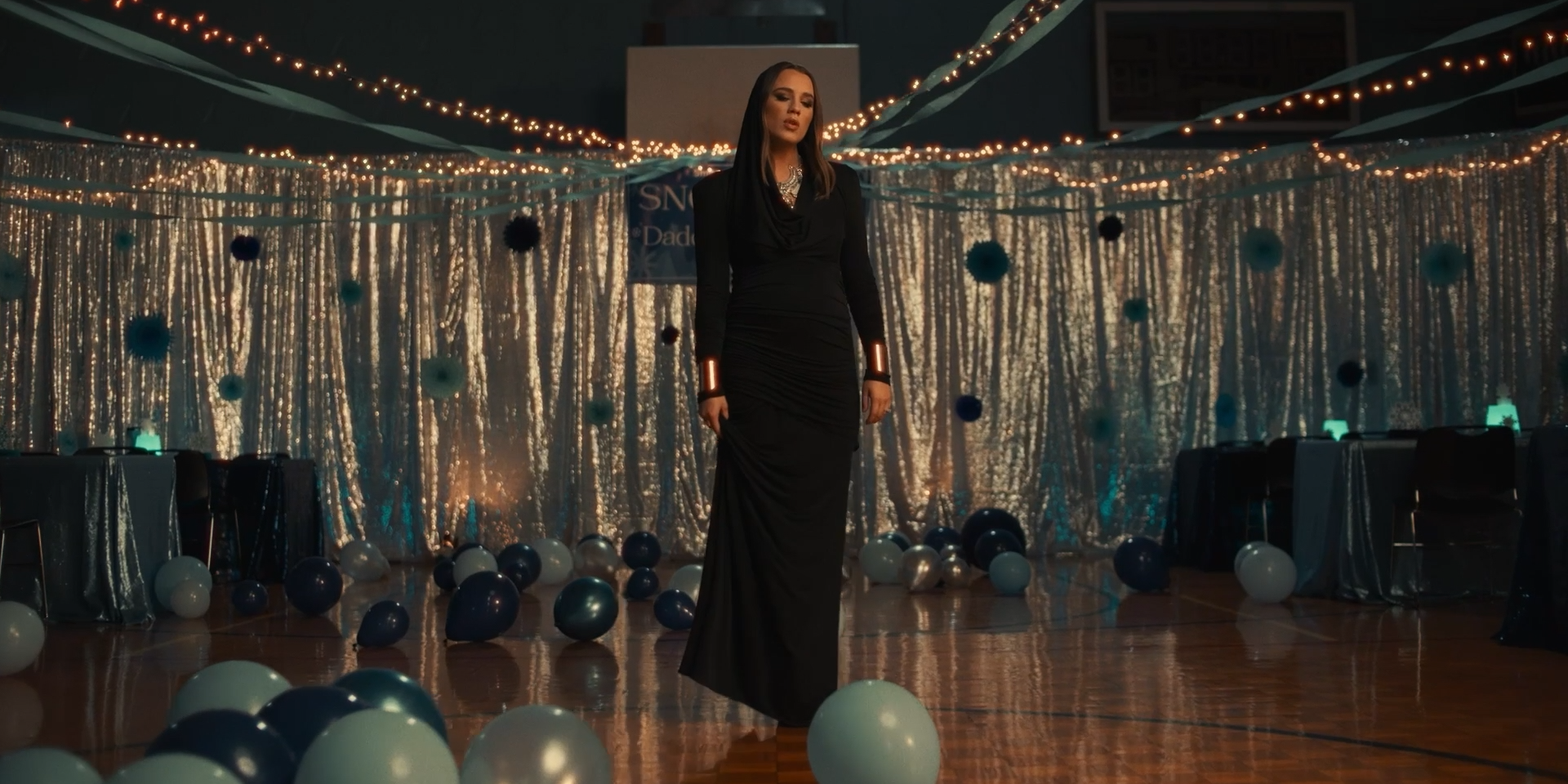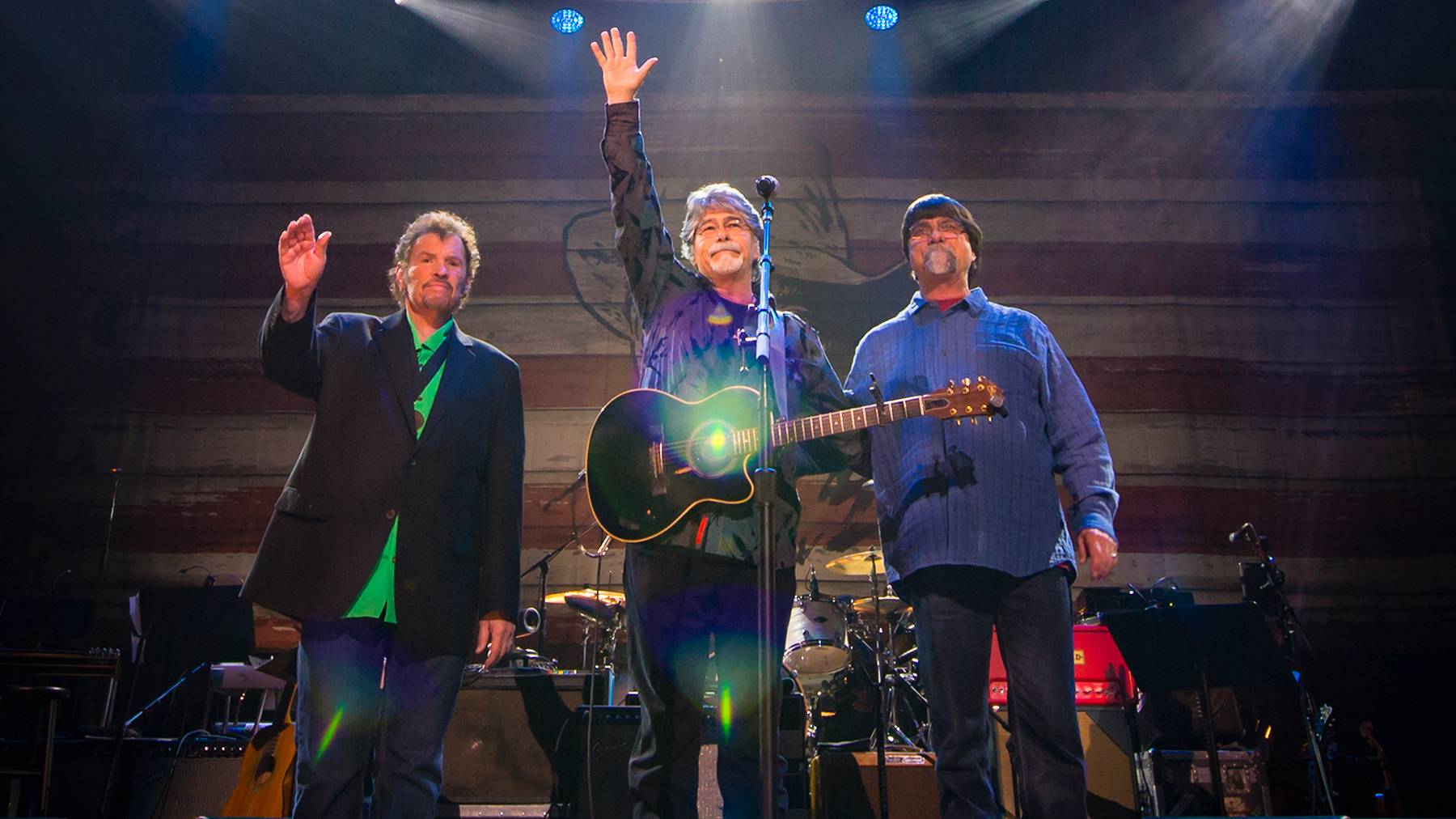Singer Freddy Fender Dead at 69

Singer-songwriter Freddy Fender, acclaimed for his work as a solo artist and with the Texas Tornados, died Saturday (Oct. 14) at his home in Corpus Christi, Texas, following a lengthy battle with lung cancer. He was 69.
One of the few Hispanic artists to achieve major success as a mainstream country artist, Fender came to national prominence in 1975 with his No. 1 single, "Before the Next Teardrop Falls." His other No. 1 hits -- all released in 1975 and 1976 -- include "Wasted Days and Wasted Nights," "Secret Love" and "You'll Lose a Good Thing."
Born to a family of migrant workers in San Benito, Texas, on June 4, 1937, his real name was Baldemar Huerta. He later adopted the professional name of Freddy Fender, borrowing the last name from the brand name of the electric guitar he played.
Raised in one of San Benito's barrios, he was exposed at an early age to a wide variety of traditional Mexican music and polkas that were popular in the Rio Grande Valley. At age 10, he made his professional debut on a radio station in Harlingen, Texas, but his style was later influenced by black blues musicians he met while his parents traveled to work on farms.
Fender joined the Marines when he was just 16 and served for three years. Following his discharge, he performed in dance halls and clubs in Texas while recording two of his earliest records -- Spanish-language versions of Elvis Presley's "Don't Be Cruel" and Harry Belafonte's "Jamaica Farewell." Billed as El Bebop Kid, he scored a regional hit with "Holy One," but the success of his original 1959 recording of "Wasted Days and Wasted Nights" put him in national limelight when the single was released a year later on Imperial Records. It was then that he changed his stage name to Freddy Fender in an effort to gain an even wider audience.
However, Fender's career was interrupted in 1960 when he and his bass player were arrested in Baton Rouge, La., for possession of two marijuana cigarettes. Sentenced to five years at Angola State Penitentiary, a maximum security prison that housed murderers and other violent criminals, he served three years. His early release came when he was paroled by Louisiana Gov. Jimmie Davis, a singer and politician who was later inducted into the Country Music Hall of Fame.
After his release from prison, Fender moved to New Orleans and spent five years playing in the clubs of the French Quarter. During his time in Louisiana, he was influenced by the region's swamp-pop music, a blend of country, rock and Cajun styles. Unable to get his music career back on track, he returned to San Benito in 1969 and took a fulltime job as a mechanic. He also enrolled at Del Mar College in nearby Corpus Christi, Texas, and played music on weekends.
Although Fender first met record label owner Huey Meaux while working in Louisiana, they began working together after Meaux moved his music operations to Houston. In 1974, Meaux convinced Fender to add his voice to the prerecorded instrumental track of "Before the Next Teardrop Falls," a song written by Vivian Keith and Ben Peters. Initially released on Meaux's Crazy Cajun record label, the recording received national distribution on the ABC/Dot Records in 1975. It reached No. 1 on both the country and pop charts and was named the Country Music Association's single of the year for 1975.
Fender followed up the success with an updated version of his earlier pop hit, "Wasted Days and Wasted Nights," which he wrote with Wayne Duncan. The single also reached No. 1 on the country charts. His other Top 10 hits include "Since I Met You Baby," "Vaya ConDios," "Living It Down" and a remake of the Sir Douglas Quintet's '60s pop hit, "The Rains Came."
In the late '70s, Fender began working as an actor in films and television shows. His acting career was highlighted by a role in the 1988 film, The Milagro Beanfield War. Directed by Robert Redford, the cast included Rubén Blades, Sonia Braga, Melanie Griffith, John Heard and Christopher Walken.
In 1990, Fender teamed with Tejano music legend Flaco Jimenez and Sir Douglas Quintet members Doug Sahm and Augie Meyers to form the Tex-Mex supergroup, the Texas Tornados. "Soy de San Luis," a track from the band's self-titled album for Reprise Records, won a Grammy for best Mexican-American performance. They recorded three additional studio albums for Reprise -- Zone of Our Own (1991), Hangin' On by a Thread (1992) and 4 Aces (1996). Live From the Limo, Vol. 1, recorded in 1998 at Antone's club in Austin, Texas, was released by Virgin Records in 1999. Another live performance originally recorded for an episode of the Austin City Limits television series was released in 2005 by New West Records as part of its Live From Austin, TX series.
Although he continued to tour, Fender's health began to deteriorate in the late '90s. He received a kidney transplant from his daughter, Marla Garcia, in 2002 and a liver transplant in 2004.
Fender's last performance took place on Dec. 31, 2005. In January, doctors discovered two tumors in his lungs. He underwent chemotherapy later that month but decided to stop the treatments because of the side effects. In July, nine smaller tumors were detected. He was being treated at a Tulsa, Okla., hospital when he was transferred to another medical center in San Antonio on Oct. 4 because of a blood infection. He was released from the hospital Thursday (Oct. 12) and returned to his home.
Funeral arrangements are pending.





